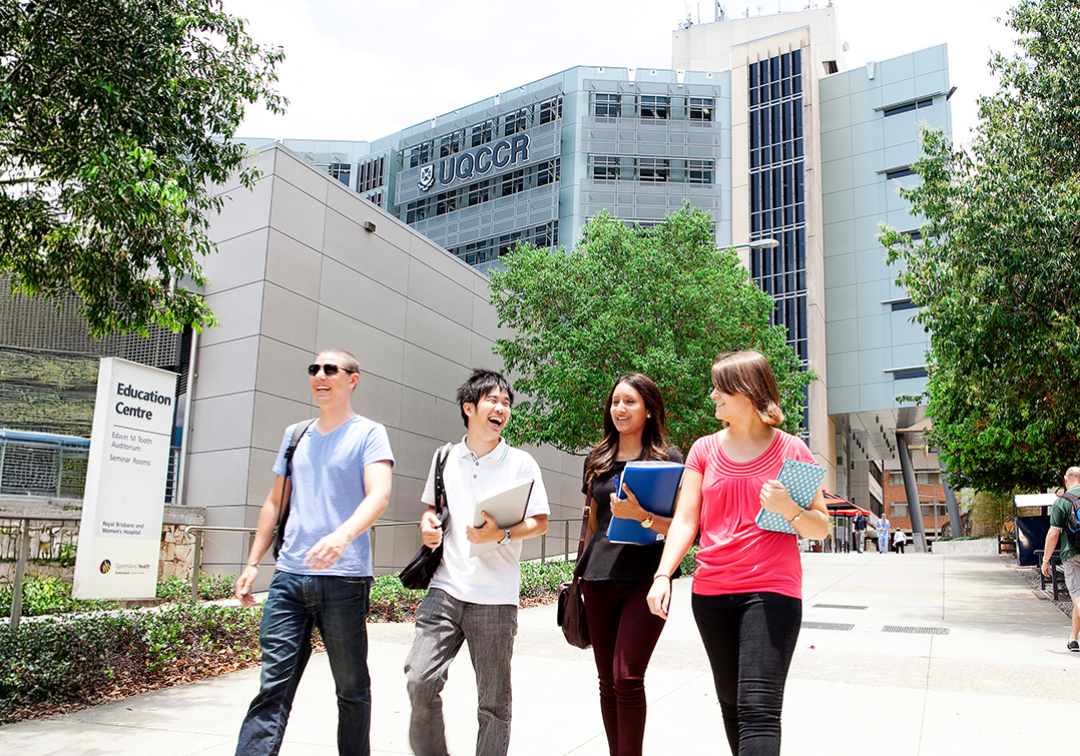
Apply scientific expertise and technical skills to translate complex biological data into meaningful information. Study bioinformatics to develop your knowledge in computer science, genomics, proteomics and molecular biology.
Gain skills in machine learning and statistics, and specialised knowledge in data management.
You’ll learn to apply this knowledge to new innovations or discoveries. Equip yourself for a career in computational modelling and intelligent systems involving big data.
Focus on either the computational concepts for solving problems in the biological sciences or on understanding the fundamental challenges facing biologists.
A worldwide shortage of trained bioinformaticians and computational biologists means there’s high demand for your interdisciplinary skills. You’ll be equipped to work in pharmaceutical, biotechnology and medical technology companies, research organisations and governments.
Career possibilities
Our programs prepare you for your first job and beyond. Here are some of the careers you could be on your way to:
- Bioinformatician
- Bioinformatics researcher
- Production bioinformatics engineer
- Research officer
- Red cell reference scientist
- Clinical genetics scientist
Graduate salary
Science and mathematics (undergraduate)
compared.edu.au
Graduate salary
Agriculture & environmental studies (undergraduate)
compared.edu.au
Events
See all events
7 April
International Baccalaureate Research Skills Program

30 June
Queensland Biology Winter School, Year 11
Stories
See all stories
UQ people
Meet the expert: studying economics with Dr Terence Yeo
5-minute read

Careers
My business information systems graduate career
6-minute read

UQ people
What’s it like to be a first-year med student?
3-minute read
Stories
See all stories
UQ people
Meet the expert: studying economics with Dr Terence Yeo
5-minute read

Careers
My business information systems graduate career
6-minute read

UQ people
What’s it like to be a first-year med student?
3-minute read
How you'll learn
Your learning experiences are designed to best suit the learning outcomes of the courses you choose.
- Lectures
- Tutorials
- Work placements
- Overseas study
- Research experience
- Laboratory work
- Studios
- Workshops
What you'll study
At UQ, subjects are called 'courses'. Here's a sample of the courses you could study:
- Bioinformatics 1: Introduction
- Introduction to Software Engineering
- Genetics
- Biochemistry and Molecular Biology
Keep up to date
Sign up to get information about applying and studying at UQ.

